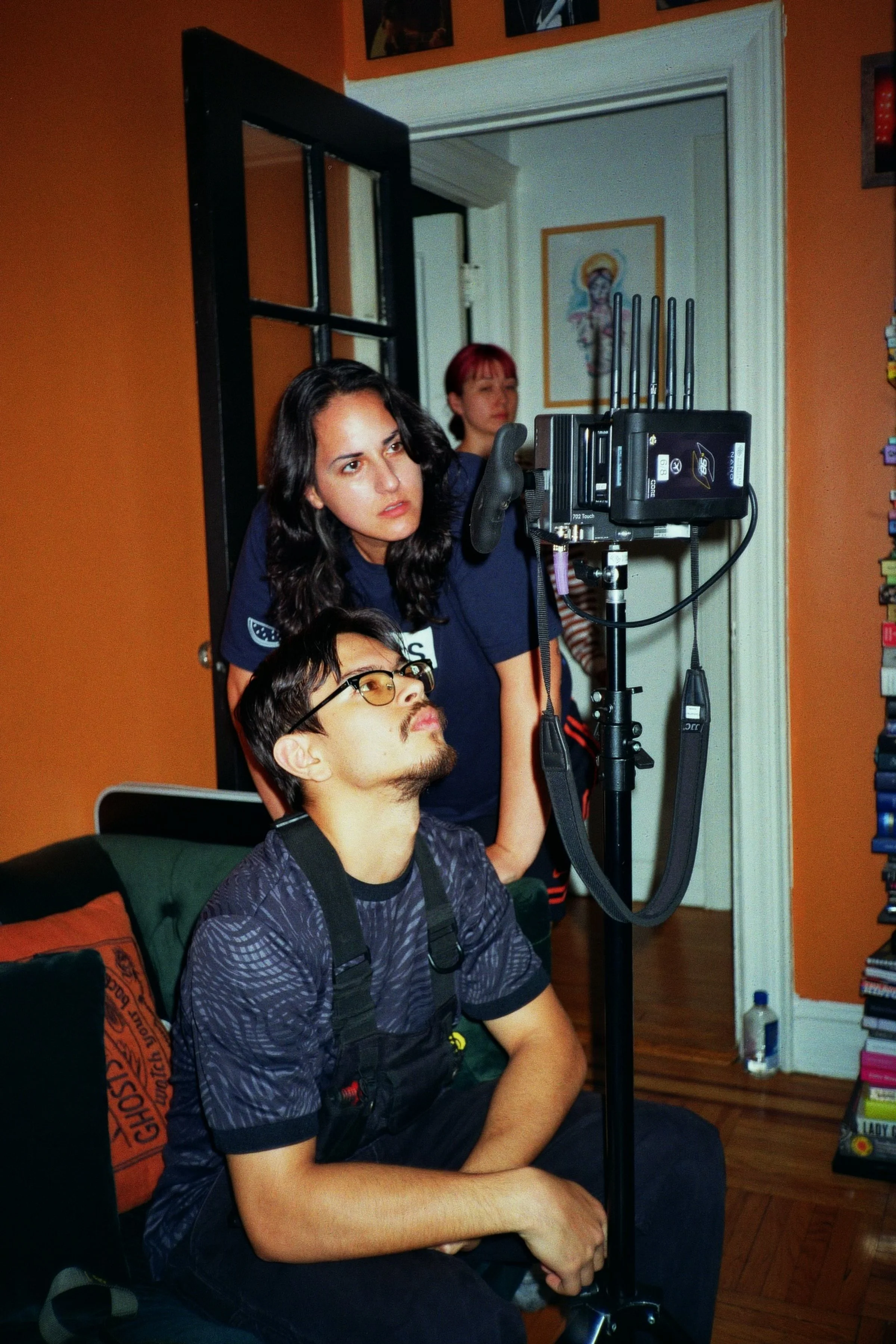about balla bateekh
Balla Bateekh — literally “without watermelon” — is inspired by the Arabic saying balla bateekh ahmar, a phrase used to make a point with clarity and intent. Like the saying, our work cuts to the heart of the matter: human experience.
Founded by filmmaker Khitam Jabr, Balla Bateekh exists to humanize the narratives of underrepresented voices. Through authentic, immersive storytelling, we illuminate the nuanced dimensions of identity, culture, and experience. Each film is crafted to make audiences not just watch, but feel.
We approach every project with a dedication to honesty, empathy, and sensory immersion. From the visual language to sound design, every element of a film is intentional, designed to resonate emotionally and linger in the mind. We believe storytelling is a powerful tool for connection, understanding, and change.
Balla Bateekh is more than a production company, it’s a commitment to telling stories that matter. Join us in exploring the beauty, complexity, and humanity in every narrative. We’re always seeking stories worth telling and collaborators who share our vision. Reach out to discuss projects, partnerships, and more. Email: bateekh.mp4@gmail.com
About Khitam Jabr
Khitam Jabr is a filmmaker, photographer, and creative director working at the crossroads of story, sound, and image. Born in Palestine, raised in Kansas City, before moving to New York City, her current home.
Jabr is drawn to stories that exist in the in-between: tender, layered spaces where memory, grief, joy, and resistance overlap. Her first narrative short, Yerham, was filmed with her own family in Kansas City as they mourned her brother’s death. She has also directed music videos, including collaborations with Katy Guillen & the Drive, translating sound into something visual, intimate, and raw.
In addition to directing, Jabr has spent years producing, building crews, and shaping ideas from scratch into finished work. With over a decade of experience on commercial sets in roles ranging from production assistant to director, she has learned how to hold both precision and chaos in the creative process.
She returns again and again to film photography for its patience and imperfection, and sees her practice as a way to preserve memory and resist erasure, especially as a Palestinian artist.
balla bateekh is the container for all of it: the films, the prints, the experiments, and the side quests that keep her curious.

